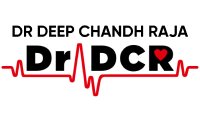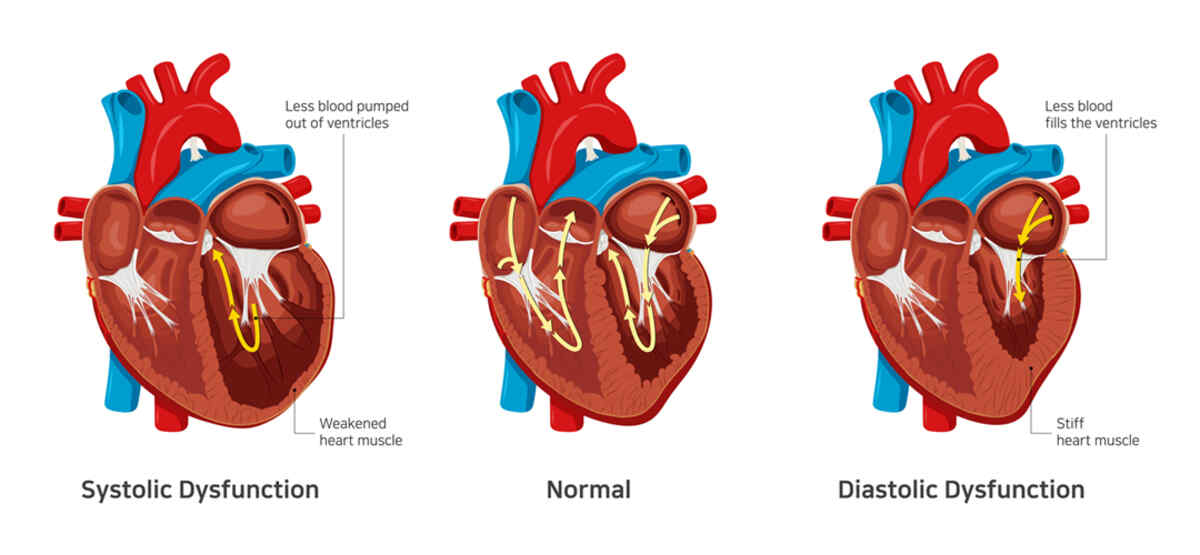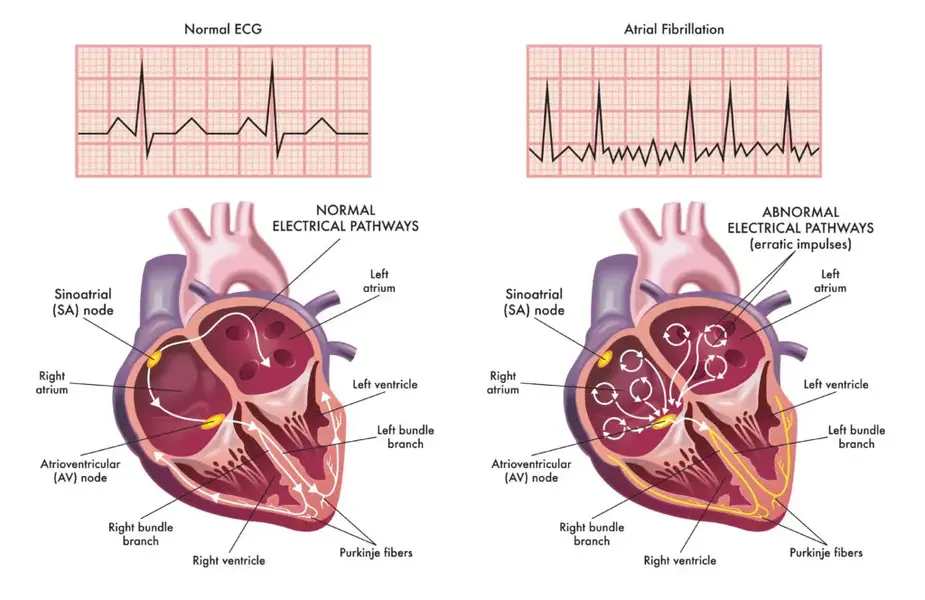Cardiopulmonary resuscitation (CPR) is an essential emergency technique used when a person suddenly experiences cardiac arrest or heart failure. CPR aims to keep blood and oxygen flowing throughout the body until a medical professional can able to take over. This involves performing a series of chest compressions and ventilations to help maintain circulation and ensure vital organs receive the oxygen they need.
Please note that CPR is an emergency measure and should not replace professional treatment. If you or someone you know is suffering from a sudden heart attack or heart failure. You should consult a leading cardiologist in India.
When to perform CPR
Quick CPR can significantly improve your chances of surviving a cardiac arrest. It's important to remember the symptoms: Look for a non-existent pulse, unresponsiveness, irregularity, or not breathing. If you encounter someone unresponsive and not breathing normally, begin CPR immediately. Your quick action is critical to saving lives.
Ten steps to performing CPR
If you're need help with how to perform CPR, here are some simple instructions.
1. Assess the situation
First, make sure the area is safe for you and the victim. Look for potential hazards. If secure, proceed to the next step.
2. Check response
Tap the person's shoulder and ask, "How are you?" "Are you okay?" If there is no response, it’s time to start CPR.
3. Call for help
If anyone is nearby, contact emergency services (100 or your local number) immediately if you are alone. Call yourself before starting CPR.
4. Open the airway
Gently tilt your head back and lift your chin to open your airway. This helps ensure that air can circulate properly during ventilation.
5. Check breathing
Place your ear close to your mouth and nose while watching your chest rise and listening for breathing sounds. If you do not see or hear normal breathing, You should start CPR.
6. Begin Chest Compressions
Place the heel of one hand between the nipples in the middle of the chest. Insert your fingers and place your shoulder directly over your hand. Press down hard and quickly at a rate of 100-120 times per minute so that the chest can fully rise during the compression.
7. Give Rescue Breaths
After 30 chest compressions, give two rescue breaths. Pinch your nose and mouth and blow into your mouth until you see your chest swell. Each breath should take about one second. If your breasts do not lift, adjust your head position and try again.
8. Continue Cycles of Compressions and Breaths
Repeat the cycle of 30 compressions followed by two breaths until help arrives or the person shows signs of life. If you have an automatic external defibrillator (AED), follow the instructions and use it as soon as possible.
9. Minimize Interruptions in CPR
Continue chest compressions as much as possible without stopping. Disruption can significantly affect the effectiveness of CPR and reduce survival rates.
10. Seek a Heart Specialist
When the person's condition is stable, take him to the nearest cardiologist for proper care. If you are in Chennai, consider consulting a best cardiologist in Chennai there to start treatment as soon as possible.
Conclusion
Understanding how to perform CPR properly is an essential skill that can save someone's life in an emergency. Performing CPR correctly can significantly improve your chance of surviving a cardiac arrest. Consider taking CPR training to gain hands-on experience and improve your lifesaving skills.
Dr. Deep Chanda Raja is the best heart surgeon in Chennai and is known as one of the leading cardiologists in India. If you or someone you know is dealing with coronary artery disease, please contact your doctor. Feel free to contact Dr. Deep Chand Raja today.


.jpg)


.jpg)